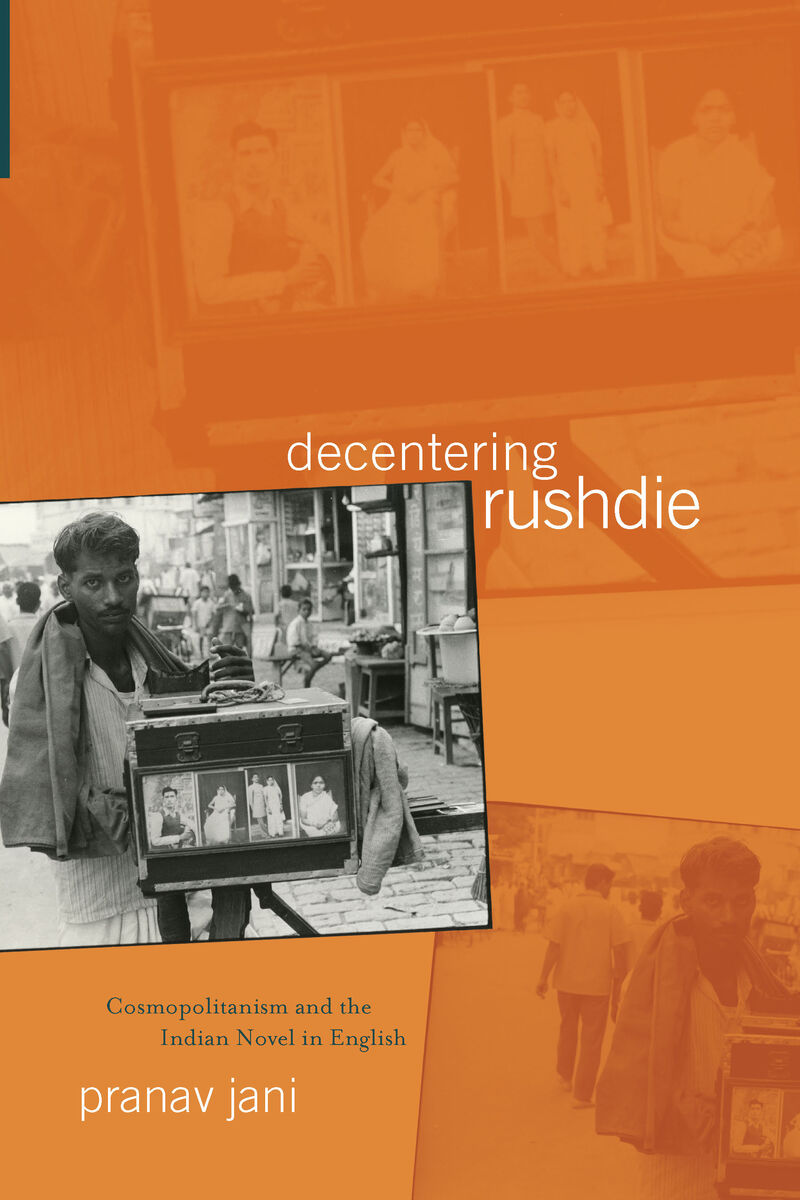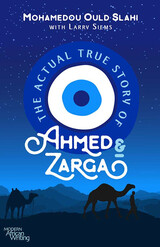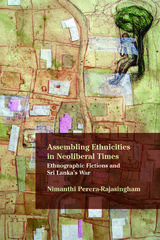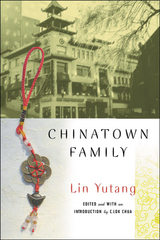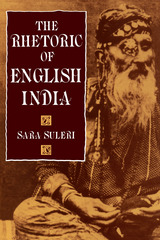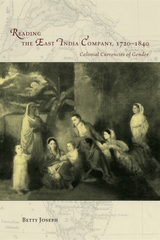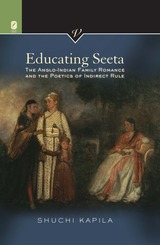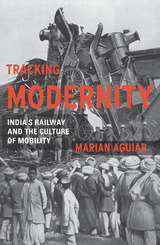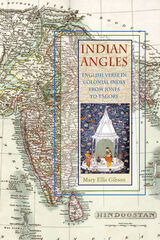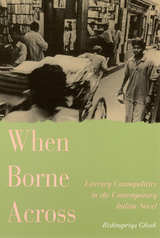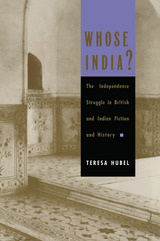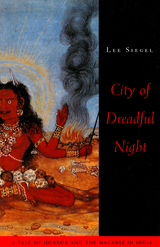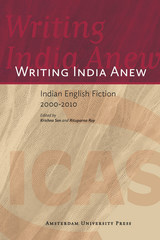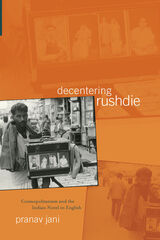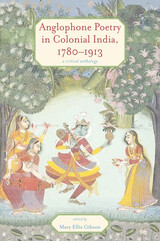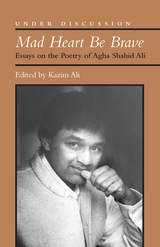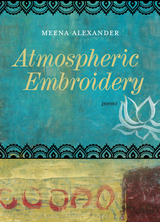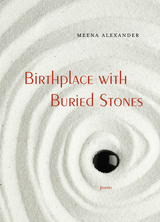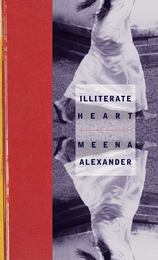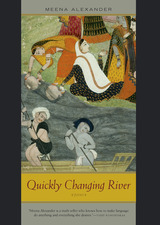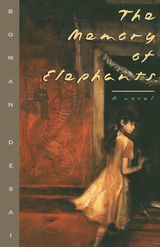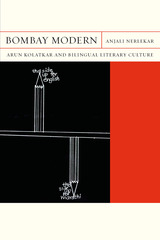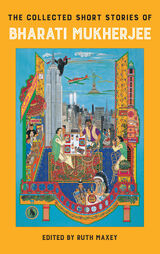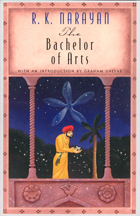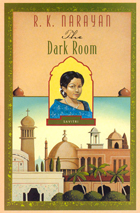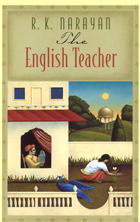Decentering Rushdie: Cosmopolitanism and the Indian Novel in English
The Ohio State University Press, 2010
Cloth: 978-0-8142-1133-5 | eISBN: 978-0-8142-7886-4 | Paper: 978-0-8142-5730-2
Library of Congress Classification PR9492.6.P67J36 2010
Dewey Decimal Classification 823.91409954
Cloth: 978-0-8142-1133-5 | eISBN: 978-0-8142-7886-4 | Paper: 978-0-8142-5730-2
Library of Congress Classification PR9492.6.P67J36 2010
Dewey Decimal Classification 823.91409954
ABOUT THIS BOOK | AUTHOR BIOGRAPHY | REVIEWS | TOC
ABOUT THIS BOOK
Interrogating current theories of cosmopolitanism, nationalism, and aesthetics in Postcolonial Studies, Decentering Rushdie offers a new perspective on the Indian novel in English. Since Salman Rushdie’s Midnight’s Children won the Booker Prize in 1981, its postmodern style and postnational politics have dominated discussions of postcolonial literature. As a result, the rich variety of narrative forms and perspectives on the nation that constitute the field have been obscured, if not erased altogether.
Reading a range of novels published between the 1950s and 1990s, including works by Nayantara Sahgal, Kamala Markandaya, Anita Desai, and Arundhati Roy, Decentering Rushdie suggests an alternative understanding of the genre in postcolonial India. Pranav Jani documents the broad shift from nation-oriented to postnationalist perspectives following the watershed crisis of the Emergency of the 1970s. Recovering the “namak-halaal cosmopolitanism” of early novels—a cosmopolitanism that is “true to its salt”—Decentering Rushdie also explains the rise and critical celebration of postnational cosmopolitanism.
Decentering Rushdie thus resituates contemporary literature within a nuanced history of Indian debates about cosmopolitanism and the national question. In the process, Jani articulates definitions of cosmopolitanism and nationalism that speak to the complex negotiation of language, culture, and representation in postcolonial South Asia.
See other books on: 1937- | English | Indic | Postcolonialism | Postcolonialism in literature
See other titles from The Ohio State University Press
